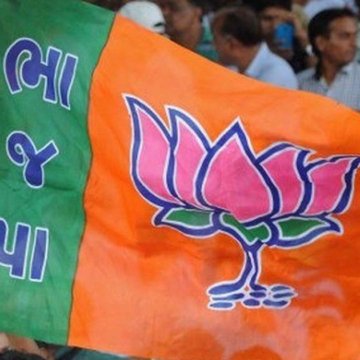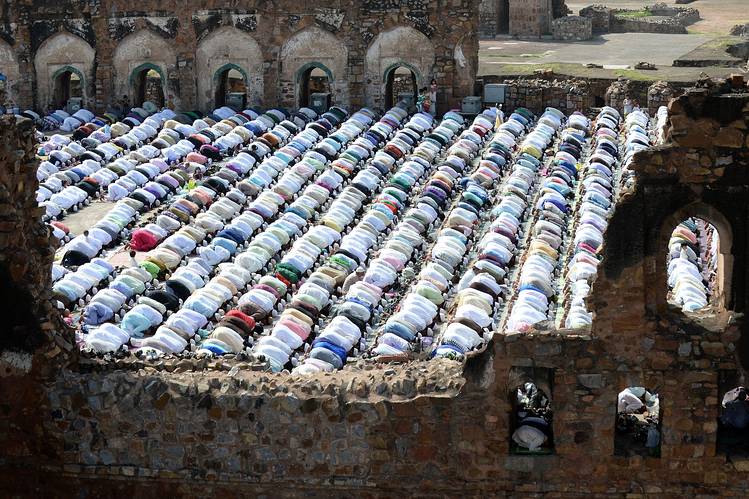- About
- Topics
- Picks
- Audio
- Story
- In-Depth
- Opinion
- News
- Donate
- Signup for our newsletterOur Editors' Best Picks.Send
Read, Debate: Engage.
| located: | India, United Kingdom, Canada, USA |
|---|---|
| editor: | Gurmeet Singh |
The world’s largest democracy conducted the world’s largest ever democratic exercise over the last few weeks. And guess what happened? A far-right nationalist at the head of a religious-extremist party was elected in a landslide – and not just a minor landslide. An almost unbelievable landslide. Of the 545 seats in the Lok Sabha, the lower house of the legislative body, Modi’s BJP are projected to win 305 – enough for a clear and outright majority.
The world has not reacted with the smiling condescension normally reserved for Indian elections. Although there have been smatterings of the usual “colourful turnout” descriptions and “wonderful exercise in democracy” platitudes, generally, there has been recognition of the significance of the outcome. It is “Modi’s India now”; it’s a victory for “populism”; it’s going to be a “challenge for the entire global order”. All true: Modi will now be able to act with even greater impunity than he has had over the last five years.
However, one problem that remains under-analysed is the effect of this election on the Indian diaspora. The Hindu nationalist BJP has an anti-Islam and anti-minorities agenda. The effect this is having on minorities within India is one thing, the effect on the Indian diaspora is quite another.
The Sikh diaspora, for example, is currently dealing with a growing tendency to argue for a separate Sikh homeland, Khalistan, distinct from India. Support for the idea peaked in the mid-80s under the Sikh religious leader, Jarnail Singh Bhindranwale, but was quashed after two decades of brutal Indian military response. Nevertheless, Sikhs in the U.K., the U.S. and Canada are now having to confront a new generation of Khalistan supporters. These young, Western-born Sikhs generally feel that Modi’s BJP is a threat to Sikhs in India, and thereby the “Sikh way of life”.
Kashmiris living abroad are feeling similar tensions with respect to their struggles against Indian rule. Indian Muslims and Christians are of course experiencing similar issues, but there are fewer calls for separate homelands among these groups.
In entering his second term as Prime Minister, Modi will now have the opportunity to shape policy as he sees fit – despite of the challenges of his first term, where he failed to create jobs. He must now realise that he is not only the figurehead for Indians, but that his leadership will shape the ways Indians the world over will respond to the country. He will face the challenge of managing India but also, of managing the expectations, hopes, and anxieties of Indians abroad.

